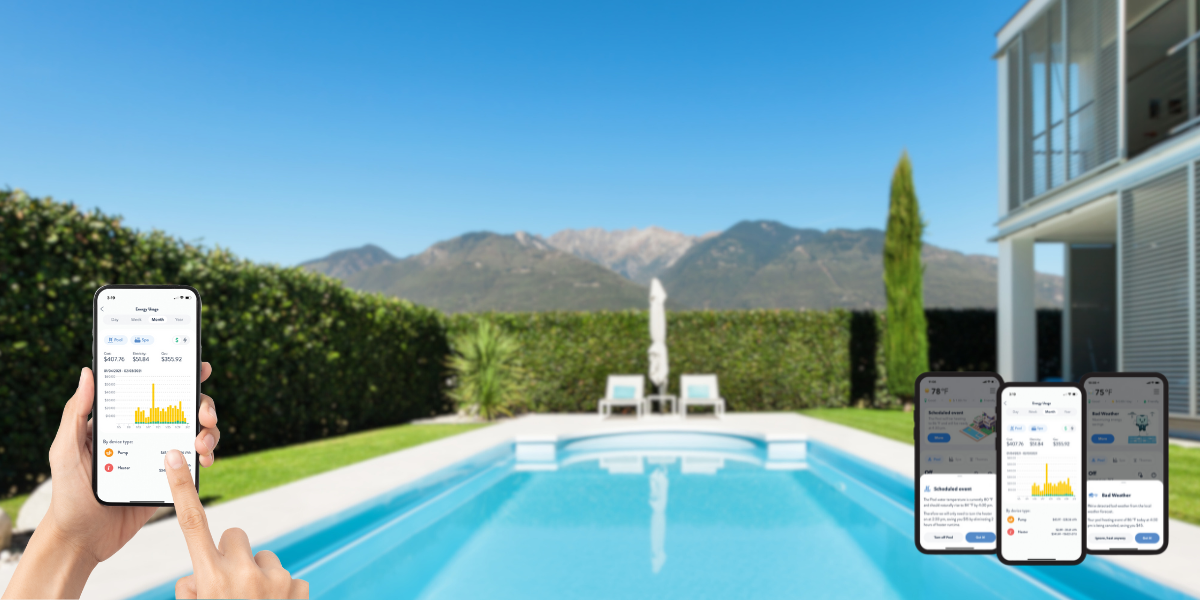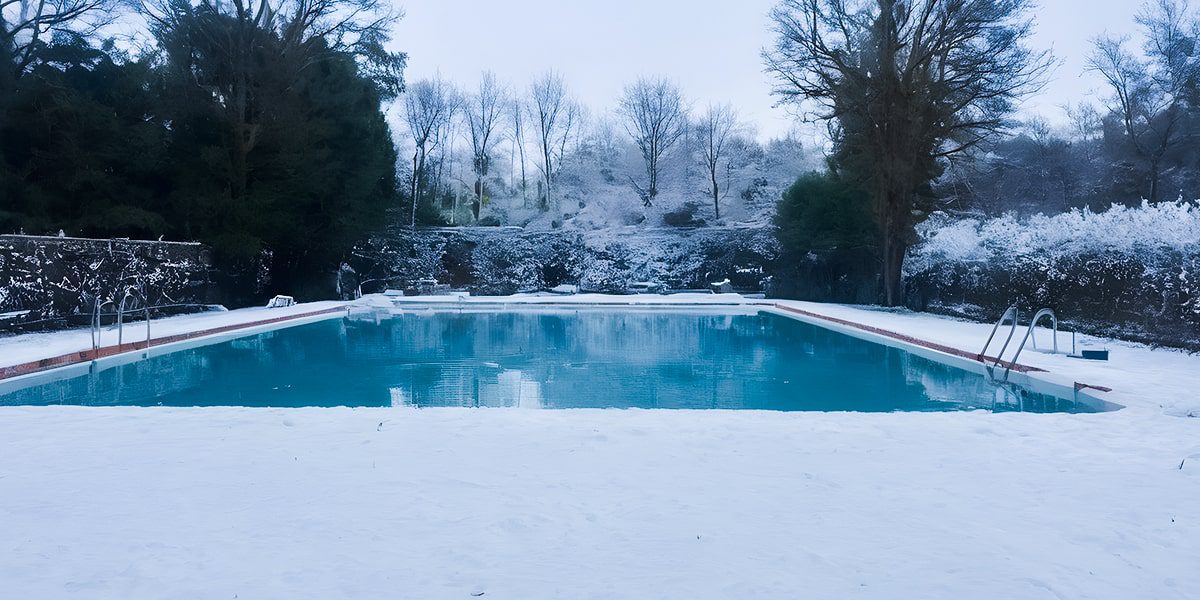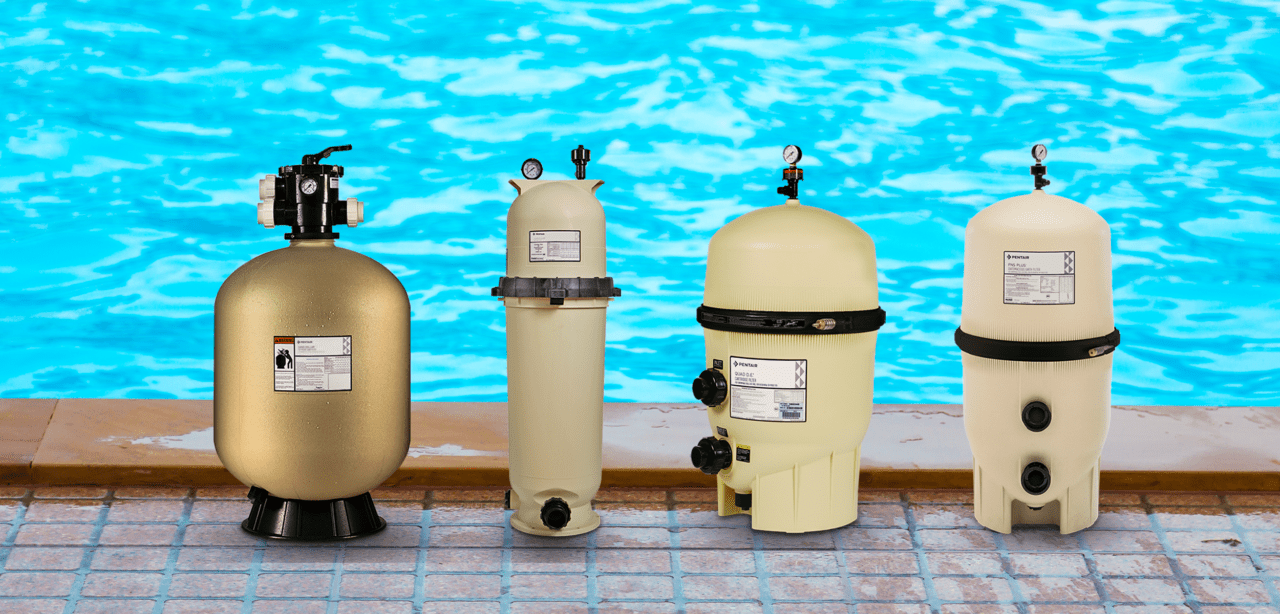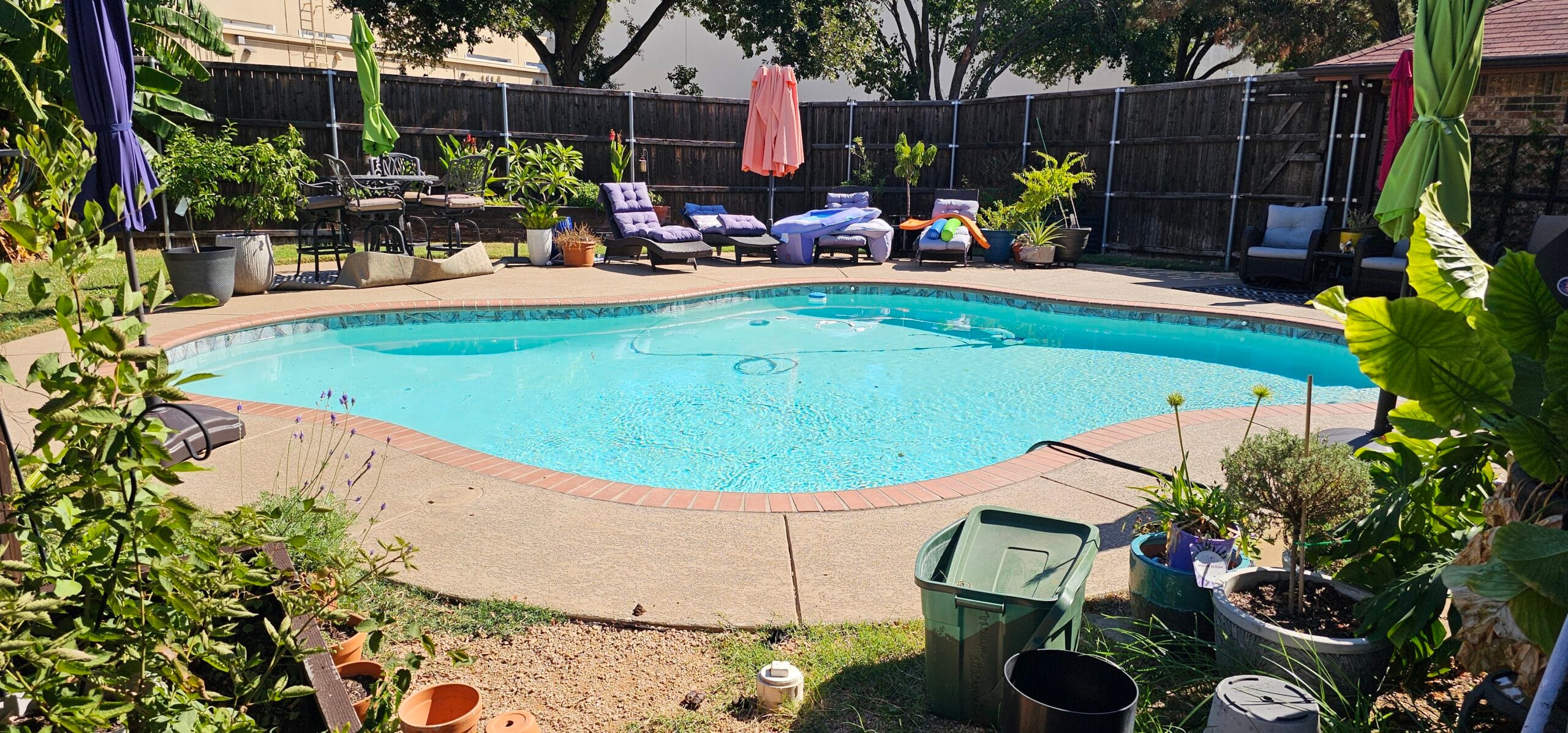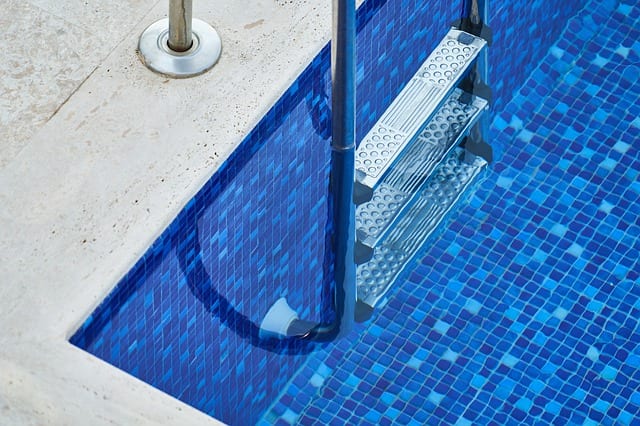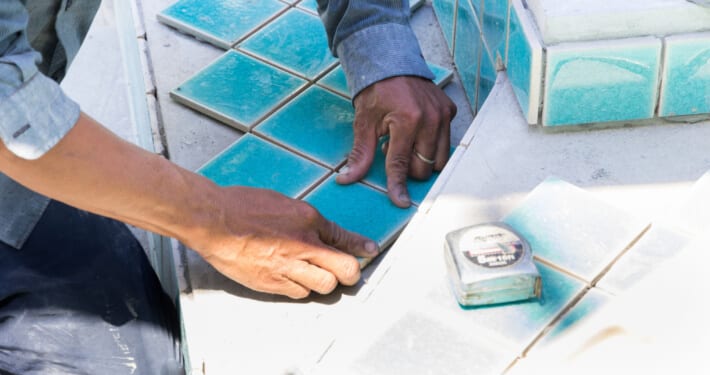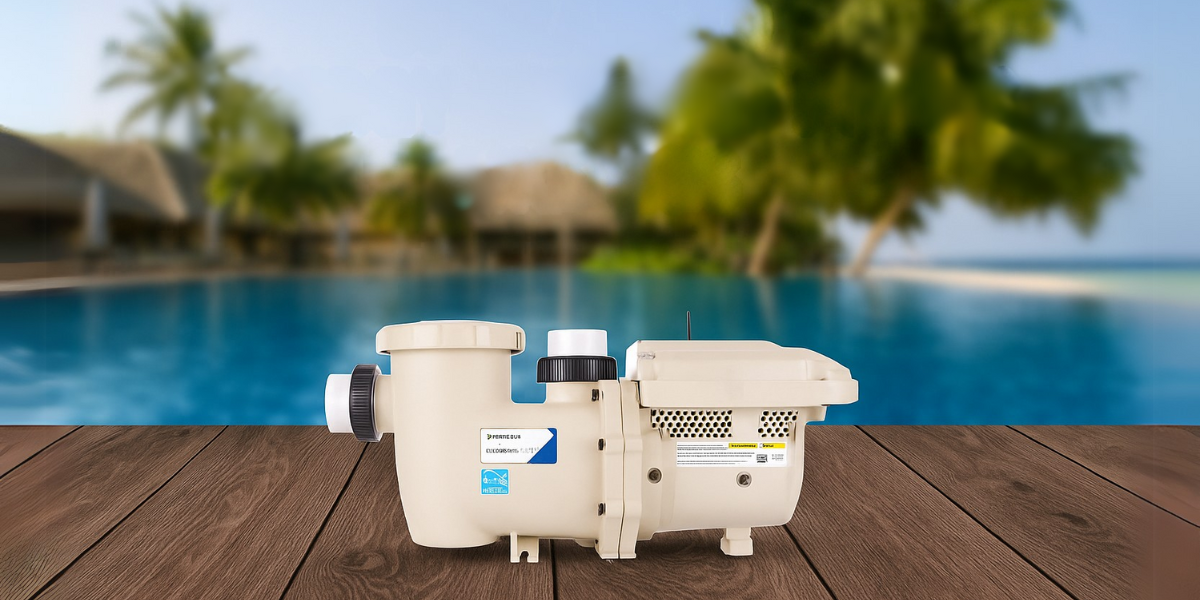It was a bright and sunny afternoon, and you couldn’t stop thinking about a nice and refreshing a quick dip in the pool would be. You changed into your swimsuit, slathered on an appropriate SPF sunscreen, and walked out to the pool.
And there, you saw it: pool algae. There was actually black algae in your pool!
Now, you need to know – what causes pool algae and what can you do to get rid of it?
In this post, we have all the answers you need so you can rid your pool of algae and enjoy that quick dip.
There’s no time to waste, so let’s dive in!
So, What Causes Pool Algae?
Believe it or not, algae spools are always entering your pool.
They’re brought on by all kinds of things, from wind to rain even to pool cleaning supplies.
And, if the environment is just right, an algae bloom can present itself within only a few hours. The type of environment most prone to algae blooms is one with warm temperatures, sunlight, and a presence of things like phosphates and nitrates.
If the levels of carbon dioxide in your pool are higher than average, this can lead to rapidly increasing algae blooms, including blue-green algae which are toxic.
If your pool does not have proper filtration, sanitation, or circulation, these things can contribute to the presence of algae as well.
What Can I Do About It?
Since it’s too late to prevent algae, you’re going to have to kill it.
How do you eliminate it while ensuring that black algae or mustard algae don’t infiltrate your pool again?
Below is a list of steps you can take to get your pool back to its former glory and ensure that the algae blooms no more:
- Have your pool inspected
- Test the pH and chlorine levels
- Balance the pH level in your pool’s water
- Check that the filter and pump are in good working order
- Run the pump and filters until the pool is clear
- Turn the pool cleaners on
- Brush the pool walls and floor
- Vacuum the pool regularly
- If your pool fills up with debris on a regular basis or you have recurring algae issues, you may want to drain and refill it to ensure that the water is thoroughly clean
- Buy a new filter cartridge for your filter or a new pool filter if yours is in poor condition
Having your pool inspected is a great first step because the inspector can give you advice on how to best handle your algae problem. Then, you can refer back to this article as a guide to ensure that you’re keeping up with proper maintenance of your pool.
Always remember, ensuring proper filtration, sanitation, and circulation is crucial.
Call the Pool Care Specialists
If all of these steps sound too complicated for you or you’re new pool maintenance, you may want to consider consulting a specialist about your pool algae.
Don’t wait. Contact us to book your pool inspection today and say goodbye to algae for good!
Want More tips? Read other Articles


